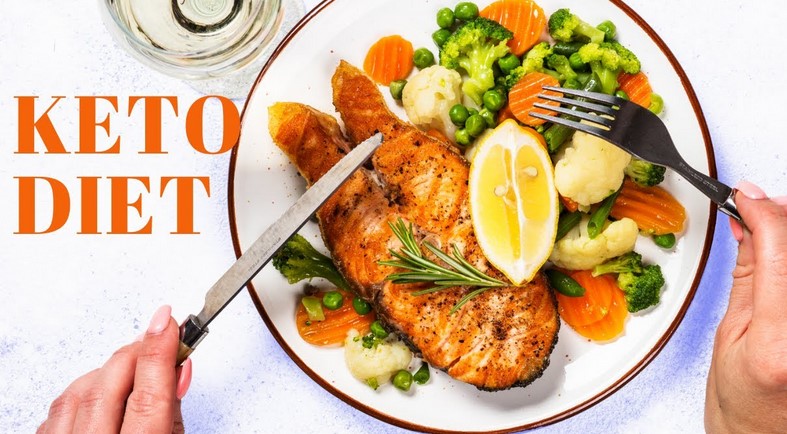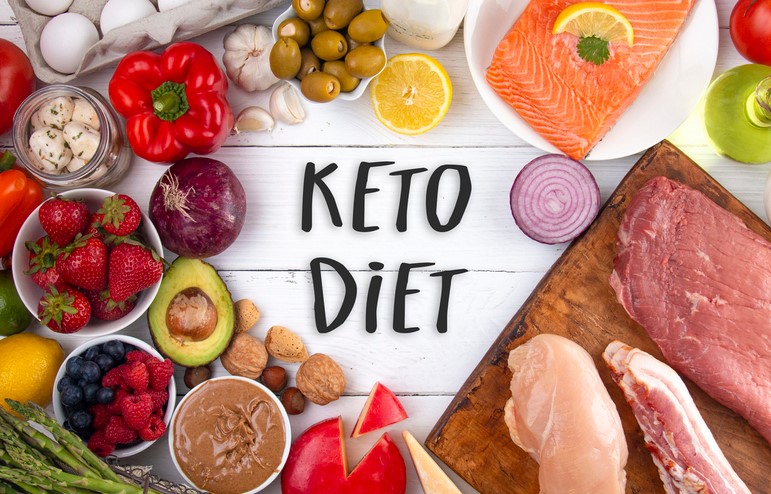If you’ve never tried a keto diet before, it may seem a bit overwhelming. First, you should talk to a dietitian, nutritionist, or doctor before starting. They can help you create an individual meal plan tailored to your needs. The next step in starting a keto diet is figuring out your “why” for trying it.
Keto diets can be highly effective for losing weight, but they do take a lot of planning and discipline. If you want to reap all of the benefits that a ketogenic diet has to offer, you’ll need to follow it correctly. Here are some tips on how to start a keto diet.
Problems with a low-carb diet
A low-carb keto diet may be effective at reducing weight, but it also has a number of problems. The diet has several side effects, including constipation, leg cramps, headaches, and fatigue. Fortunately, these are usually short-lived and resolve on their own.
One of the most common problems is the lack of carbohydrates, which can affect your blood sugar levels. Moreover, a low-carb diet can lead to an imbalance in your blood sugar levels, which can lead to heart palpitations. To address these issues, you can try to increase your intake of carbohydrates. Another common problem is dehydration. This is a result of low- carb intake, and you can avoid this by adding salt to your meals.
Another problem with a low-carb keto diet is diarrhea. People who follow this diet don’t usually take in enough fiber, which can cause diarrhea. This problem is often caused by a lack of supplements and a lack of fiber -rich foods. Some people also experience diarrhea as a side effect of being intolerant to artificial sweeteners or dairy.

Identifying your “why” before starting a ketogenic diet
Identifying your “why” before starting the ketogenic diet is an important step in the process. A ketogenic state is the result of significantly reducing carbohydrates, which forces your body to search for another fuel source. In order to do this, it depletes its glucose stores and burns stored body fat and muscle for energy. To ensure you get the most benefit from this diet, consider working with a health coach. Your coach will be able to monitor your protein intake and keep a close eye on your body composition.
It is also crucial to check with your doctor before starting a ketogenic diet. The diet can have significant side effects, so be sure to discuss any concerns you have with your doctor before beginning it.

Foods to eat on a ketogenic diet
The keto diet requires a high intake of protein, fat, and oils. These foods include meat, eggs, dairy, nuts, and shellfish. In addition to these foods, the keto diet also allows some fish. You can find keto- friendly meat and seafood in any grocery store, as long as they aren’t breaded with flour. You can also find high- fat dairy, such as heavy cream and soft and hard cheeses, as well as sour cream.
Dairy products such as butter, cheese, and yogurt contain high levels of protein and are low in carbs. They are also rich in antioxidants, which prevent free radicals from damaging the body. However, the fat and protein in these foods need to be balanced. For instance, a large egg contains 143 calories and contains about 12 grams of protein and just one gram of carbohydrate. Moreover, egg yolks are high in antioxidants and are a healthy addition to salad dressings.
The bottom line is that a ketogenic diet can be healthy. That isn’t to say it will work for everyone, but it’s certainly worth looking into if you’ve been wanting to experience a fitter and healthier body. And if you’re suffering from issues like depression, epilepsy, cancer, or any of the above-mentioned conditions, then we highly recommend that you try a keto diet for yourself. Many of the most positive benefits are seen when the diet is followed under medical supervision—but if you do decide to do it yourself, make sure that you’re doing it responsibly. Moderating your protein consumption is critical, as well as keeping carb levels as low as possible.









